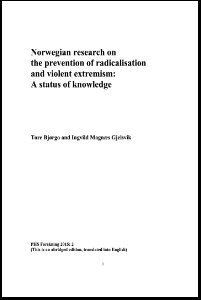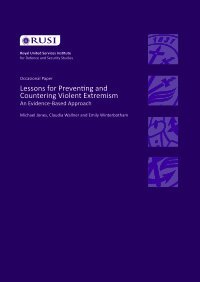NOWRASTEH, ALEX
From the document: "This policy analysis is an update and simplification of three previous Cato policy analyses on the same topic that were published in 2016, 2019, and 2023. It differs from the 2016 and 2019 editions because it does not include the total number of visas issued during the years analyzed, does not include a cost-benefit analysis of different immigration policies intended to reduce the threat of foreign-born terrorism, and it further differs from the 2019 version because it does not include native-born terrorists. The risks of foreign-born terrorists on US soil are quantified by evaluating how many people they murdered and injured in attacks, the ideologies of the attackers, the visas on which the foreign-born terrorists entered the country, their countries of origin, and the costs of their terrorist attacks."
CATO INSTITUTE. 9 APR, 2024. 28p.









